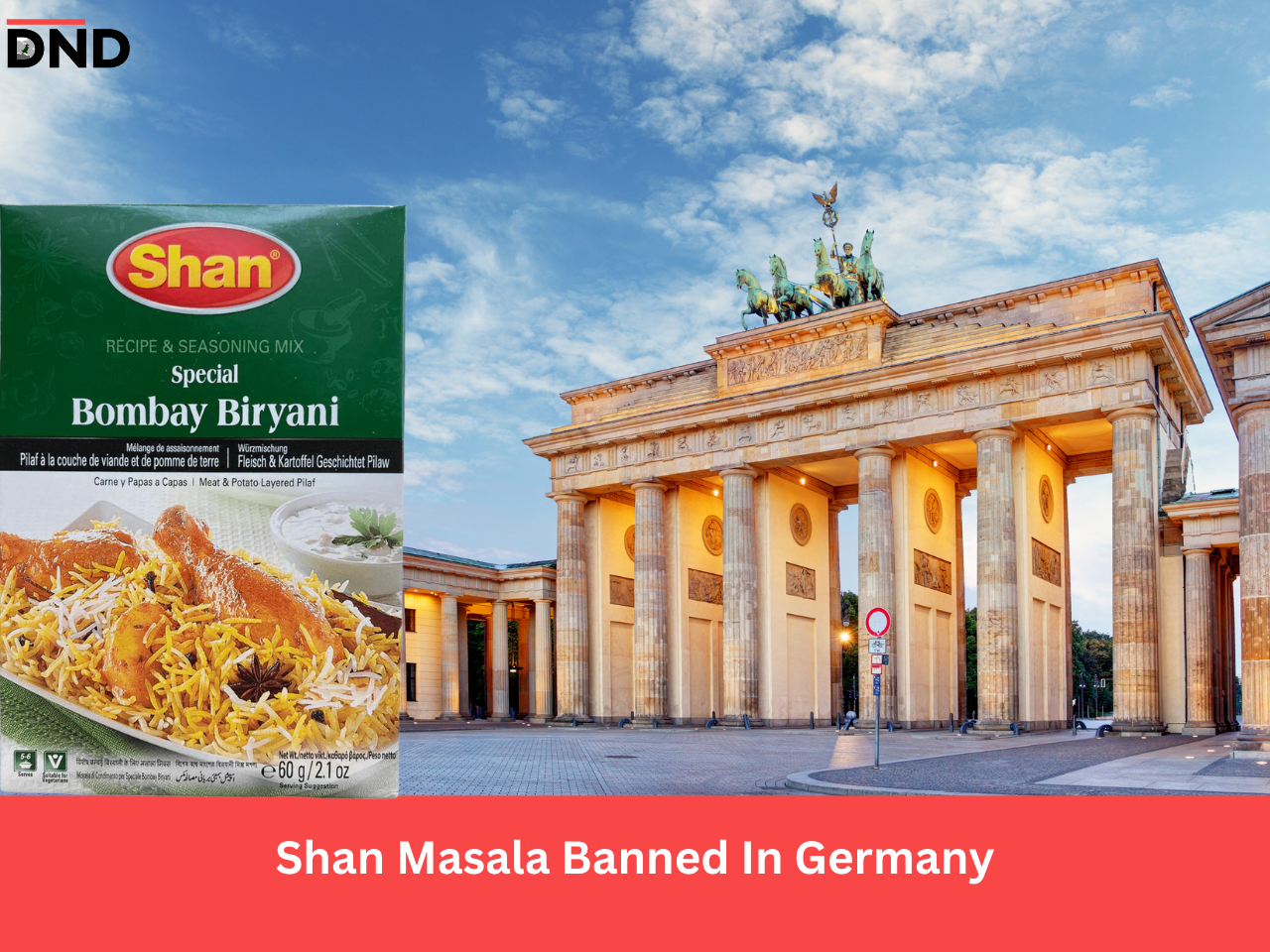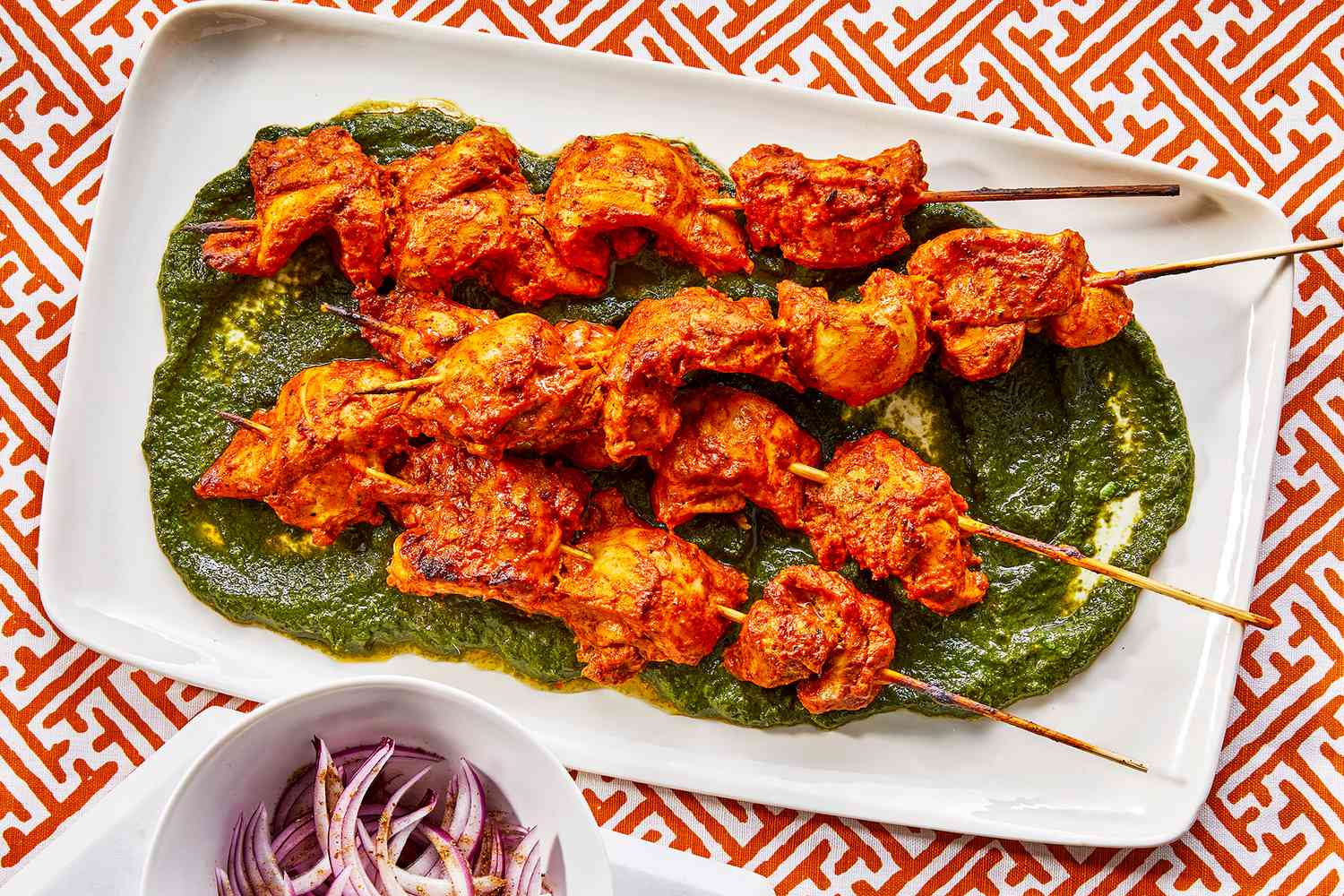Multiple Shan products have been banned in Germany due to ethylene oxide – Allegedly
However, Shan Foods have tried to clarify the claims through an official tweet but on the other hand, a reputable foreign website has claimed that multiple products of Shaan have been affected and some products of MDH are also among them. Also, Belgium has recalled Shan Charga Masla in a recent development.
To our valued customers, Shan Foods has made a promise to provide safe, hygienic and authentic tastes on your tables. We continue to live by this promise, around the world. pic.twitter.com/MCKboLimxv
— Shan Foods (@ShanFoods) July 17, 2023
Shan Masala has become an essential ingredient for overseas Pakistanis, connecting them to the authentic flavours of their homeland. From bustling cities to quiet suburbs around the globe, the distinct aroma and rich taste of Shan Masala grace countless kitchens, bringing a taste of Pakistan to dining tables abroad. Whether traditional biryani, flavorful karahi, or spicy tikka, overseas Pakistanis rely on Shan Masala’s carefully crafted blends to recreate beloved dishes from home. Familiarity and comfort permeate their cooking with each sprinkle and stir, bridging the distance between their new homes and cherished flavours. Shan Masala has become an invaluable companion, allowing overseas Pakistanis to savour the taste of their culture and share Pakistan’s culinary heritage with friends and family in foreign lands.
Health Risk of Ethylene Oxide in Food
Ethylene oxide and its conversion product, 2-chloroethane, are residues in various foods and food ingredients, such as sesame seeds, spices, and food additives. Ethylene oxide cannot be used in food manufacturing since it can cause cancer and mutagenesis.

The German Federal Institute for Risk Evaluation (BfR) conducted a preliminary risk evaluation on the conversion product 2-chloroethane. The danger for 2-chloroethane was determined to be comparable to that of ethylene oxide due to significant data gaps. Ethylene oxide and 2-chloroethane residues in food may pose health hazards.
Why are Shan products Banned in Germany?

Ethylene oxide can be genotoxic or carcinogenic due to its mutagenic and cancer-causing characteristics. It has been unable to establish an intake level without risk to health since it is a so-called “carcinogen without threshold value”. Therefore, it is generally agreed upon that meal substance residues are harmful. Ethylene oxide and the conversion product 2-chloroethane are recorded in official analyses as a single total parameter. The ban is yet to be confirmed but German websites have quoted it as a banned product so far.

Foods that contain ethylene oxide or 2-chloroethane beyond the limit of determination are prohibited from being sold. The limit of quantification, or the amount above which ethylene oxide or 2-chloroethane can be accurately detected in food, varies depending on the food and is 0.02 mg, 0.05 mg, or 0.1 mg per kilogram (kg) of food.

Source: https://www.fr.de/verbraucher/pestizide-shan-bundesweit-produkte-betroffen-ethylenoxid-grosser-gewuerz-rueckruf-krebserregender-92394923.html

